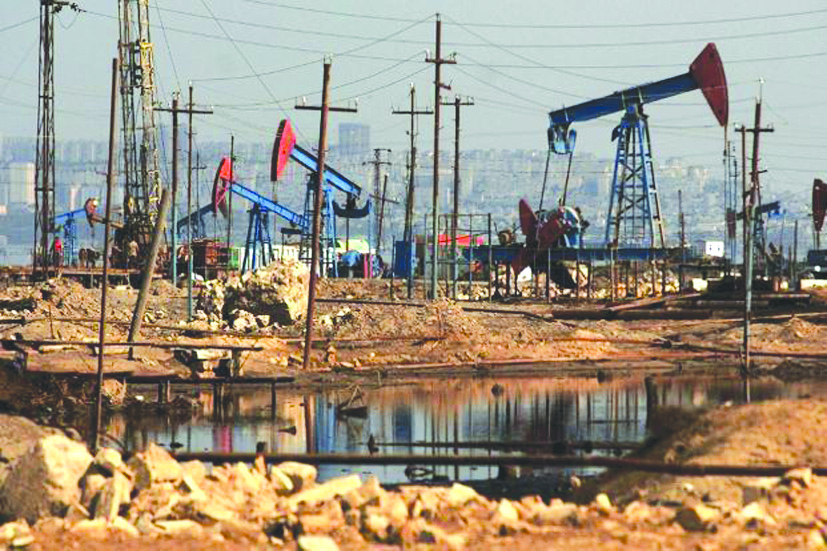[tweet][digg][Google][pinterest][follow id=”DER29709692″ size=”large” count=”true” ]
Following the drastic reduction in the importation of Nigeria’s crude oil by the United States, India has filled the vacuum as the largest importer
Nigeria may no longer be feeling the pinch of the drop in the importation of its crude oil by the United States as India has now become the largest importer of Nigeria’s crude oil. In recent months, the United States, which had traditionally imported the bulk of Nigeria’s crude oil, drastically reduced its demand which now stands at about 250,000 barrels per day due to the discovery of Shale gas in the country.
However, Tim Okon, coordinator, Corporate Planning and Strategy, Nigerian National Petroleum Corporation (NNPC) disclosed at the recent World Petroleum Congress, in Moscow, Russia, that India has replaced the US as the largest importer of Nigeria’s crude, followed closely by China and Malaysia. According to him, India has now raised its demand capacity by about 30 per cent, of Nigeria’s 2.5 million barrels daily production. The implication is that India imports an average of about 750,000 bpd of its daily crude oil demand from Nigeria.
Although the Asian countries, particularly India have filled the vacuum created by the drop in importation of Nigeria’s crude oil by US, NNPC said it would not ignore any market in its quest to remain competitive in the global oil and gas industry. “Nigeria will not ignore any market in its quest to remain competitive in the global oil and gas industry. Asia is important and in that respect. We have regards for all markets. The important thing is to make sure that you are selling the products that you have and you do not ignore any market,” Okon said.
He said that Nigeria participated in the World Petroleum Congress (WPC) to access global business opportunities in the petroleum industry especially in the gas sub-sector to enable it position itself as a major competitor in the hydrocarbon market. “As a natural resource-rich country, Nigeria is working hard to do a better job in developing such resources and translating them to the wider economy,” he said.
He admitted that the Petroleum Industry Bill currently before the National Assembly would need to be passed into law to enable the country maximize its potentials in the oil and gas industry. “I cannot talk about future incentives if the principal law that would give birth to it has not been passed, but I want to say that the general intention is that Nigeria must compete in the market place and our fiscal systems are designed to be competitive and lead to good outcomes for the country,” Okon said.
He added: “it is always helpful to do things in a timely manner and that is an important point to stress. Many of the countries that were trying to get new legislations passed like Ghana, Brazil, Mozambique and even Uganda have passed their legislation. So I think timeliness is of the essence.”
Regarded as the global oil and gas industry equivalent of the Olympics, the World Petroleum Congress is the biggest congregation of oil and gas experts on the global stage. The Congress essentially consists of an exhibition and conference. Nigeria’s participation at the 2014 WPC was anchored on the theme “Harnessing Nigeria’s Gas Resources for Sustainable National and Regional Development.”
[divider]



